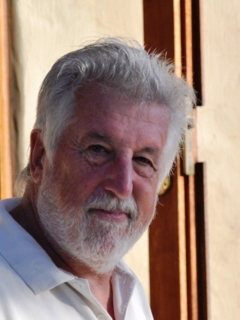Current Research
This year is set to be the start of major research initiative by the Centre on African Philanthropy and Social Investment (CAPSI). As honorary professor and Chair, my role will be one of a senior research adviser.
In brief, the plan is for a multi-country, multi-year study to determine how the Third Sector/civil society contributes to the employment and productive livelihoods of Africa’s young men and women.
This study will fill a major gap in knowledge about youth unemployment and policies to deal with it that currently concentrate on the role of government and the for-profit sector. Given that the vast majority of Africans’ livelihoods are found in the informal economy, the lack of reliable information about the role and contribution of the Third Sector is a significant shortcoming in terms of considering preventive and remedial actions.
A collaborative and partnership approach with other organisations, particularly those of youth themselves, will bring the latter’s voices into the research design.
Already obvious is that a major effort will be needed to create appropriate research instruments. The scene is being set for a creative and valuable investment in new knowledge with practical outcomes for a variety of stakeholders. I look forward to reporting on this in the years to come.
